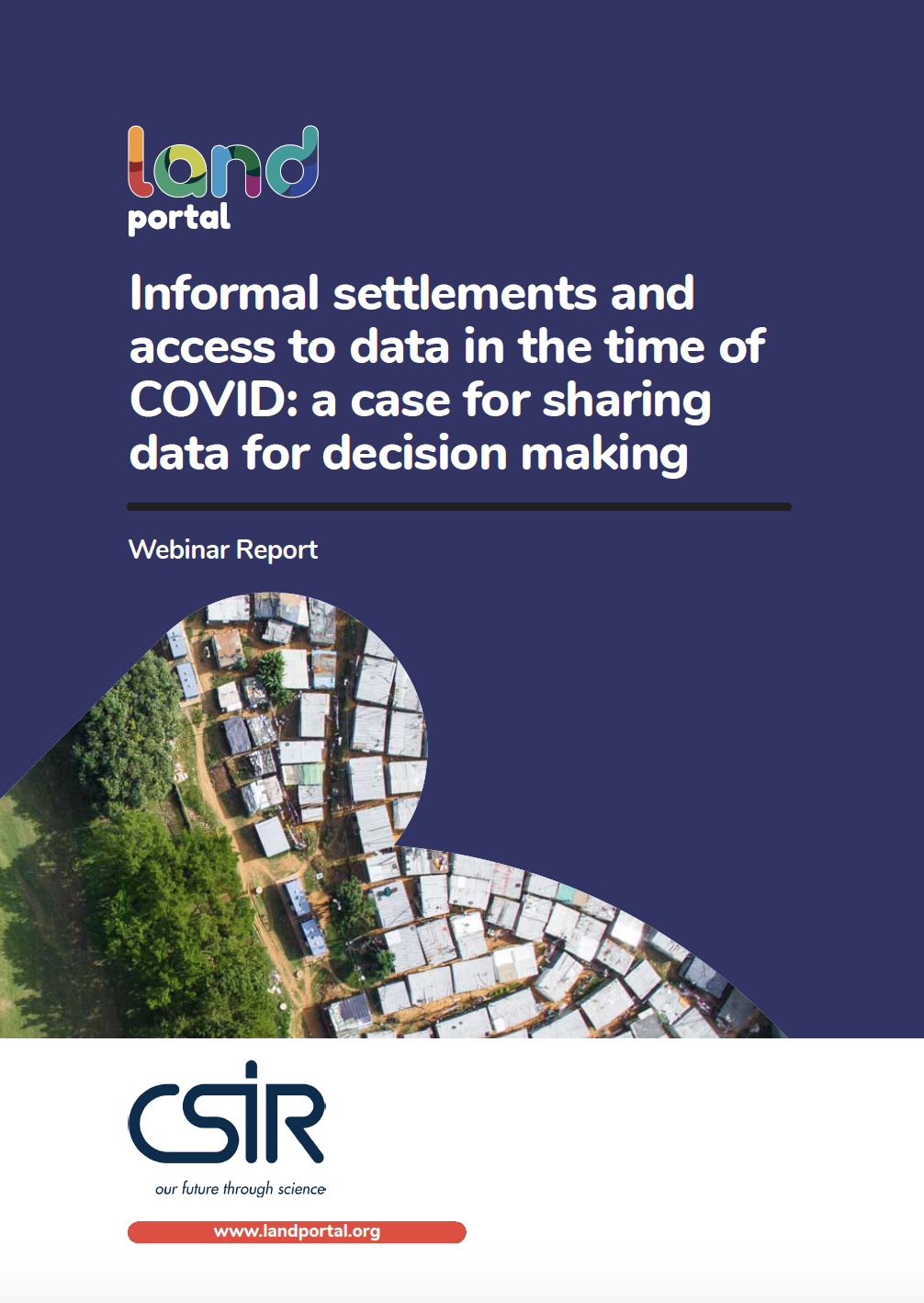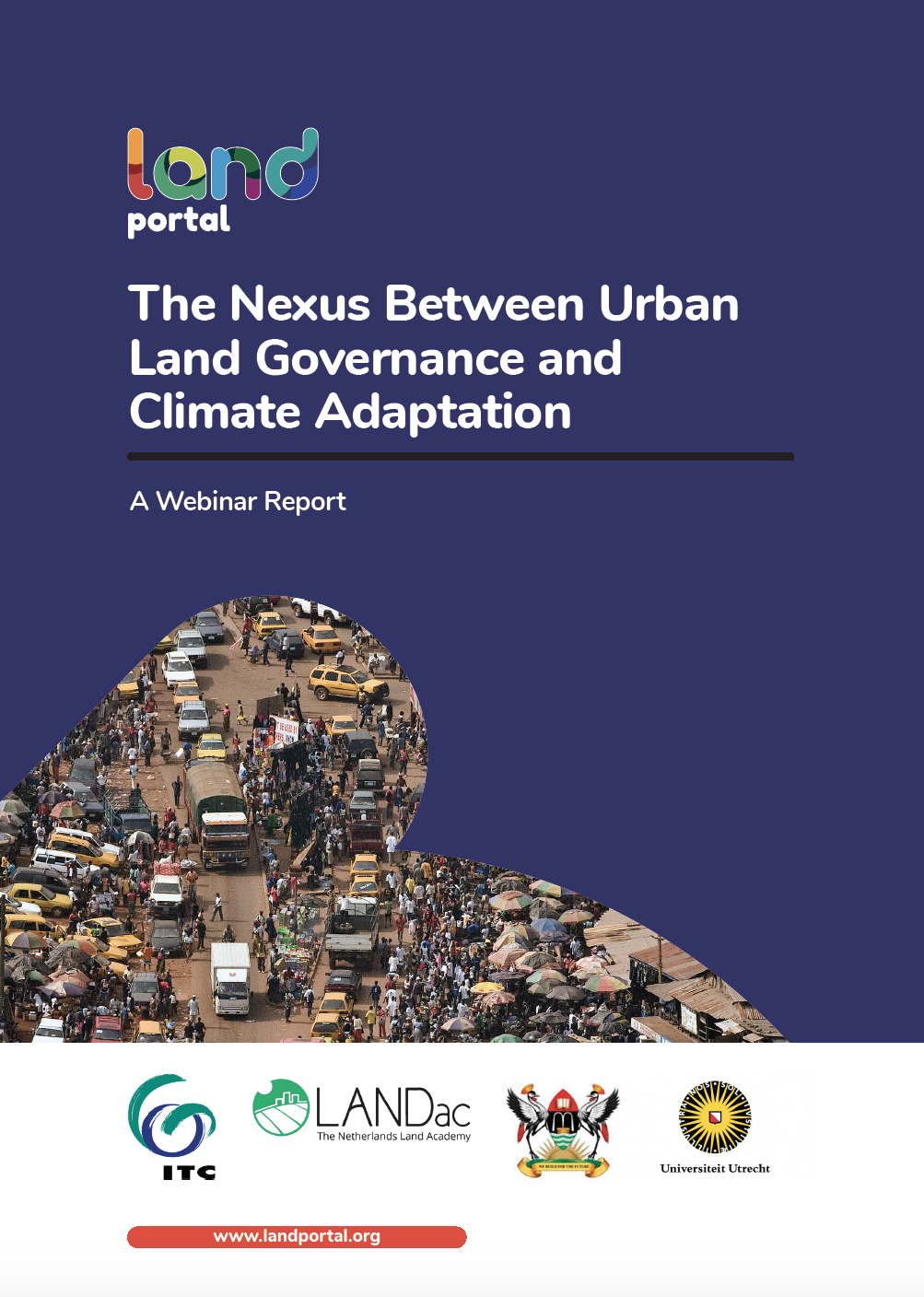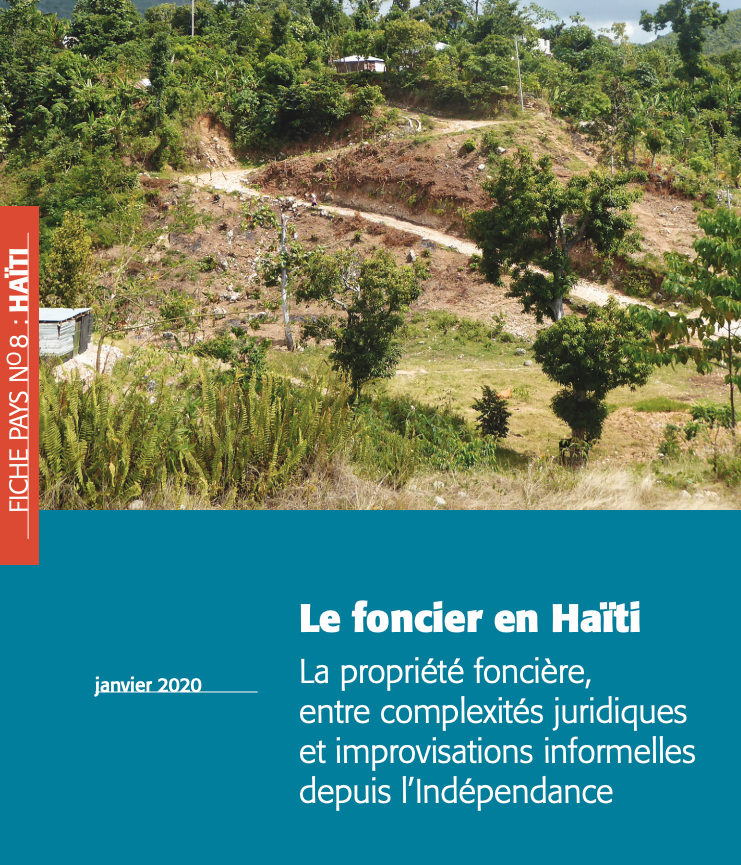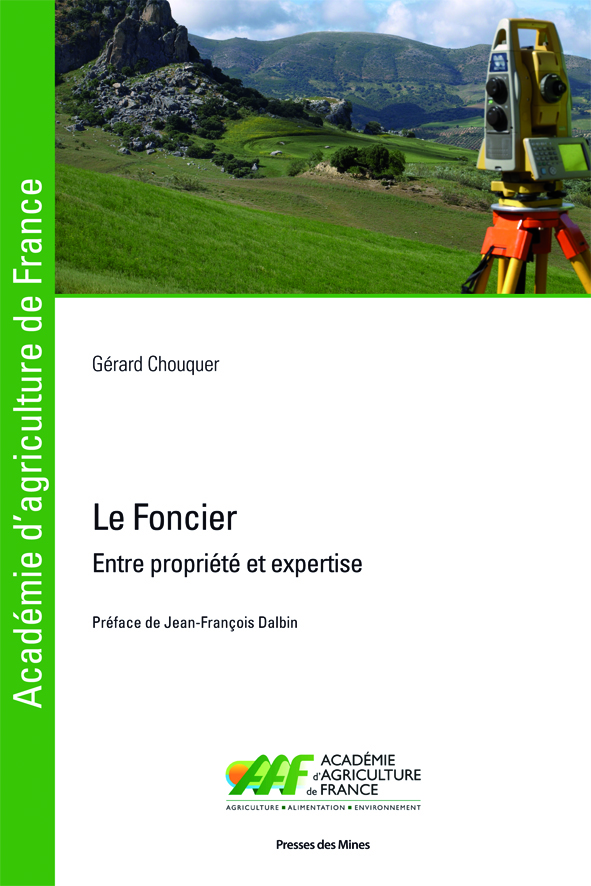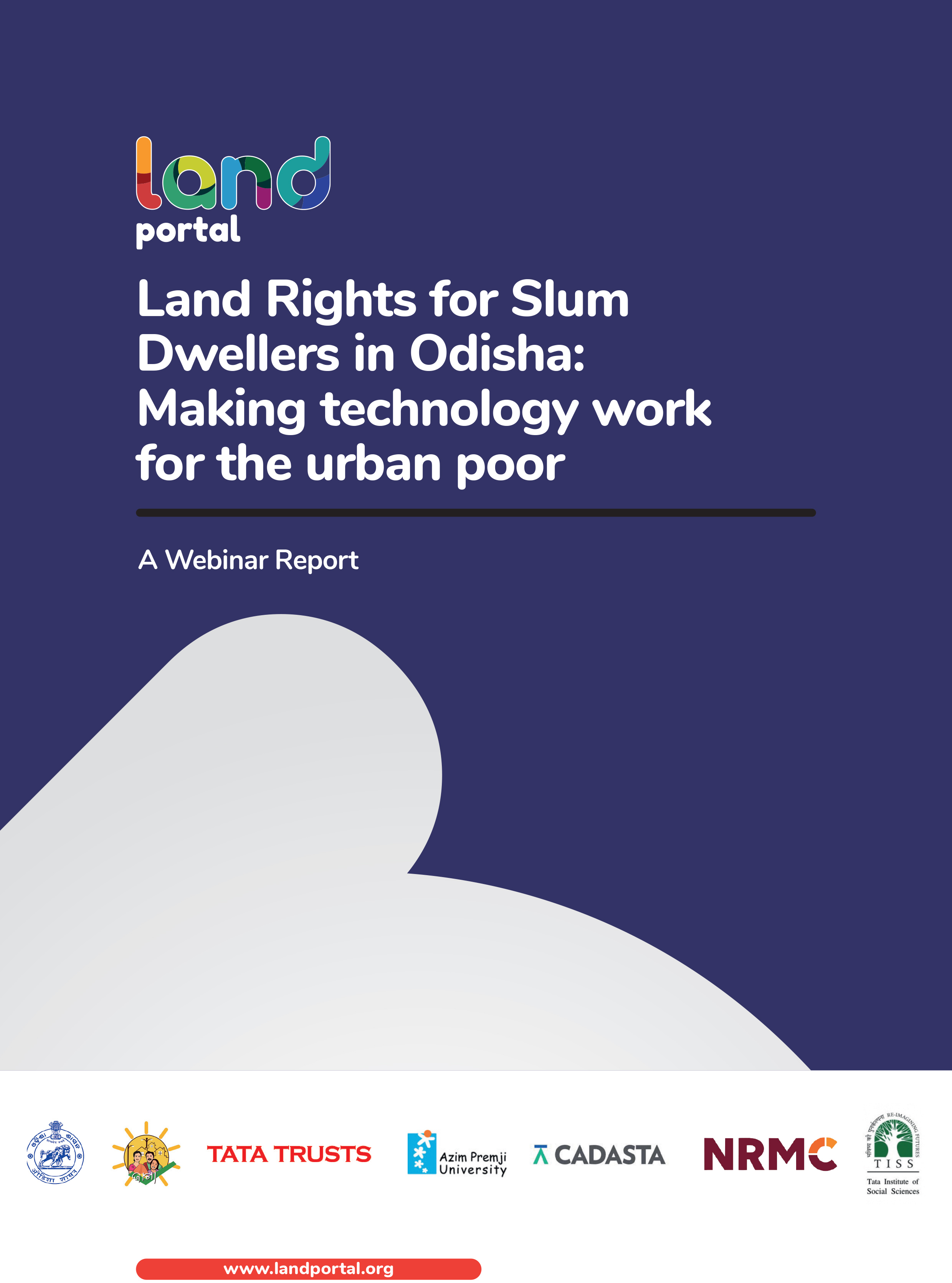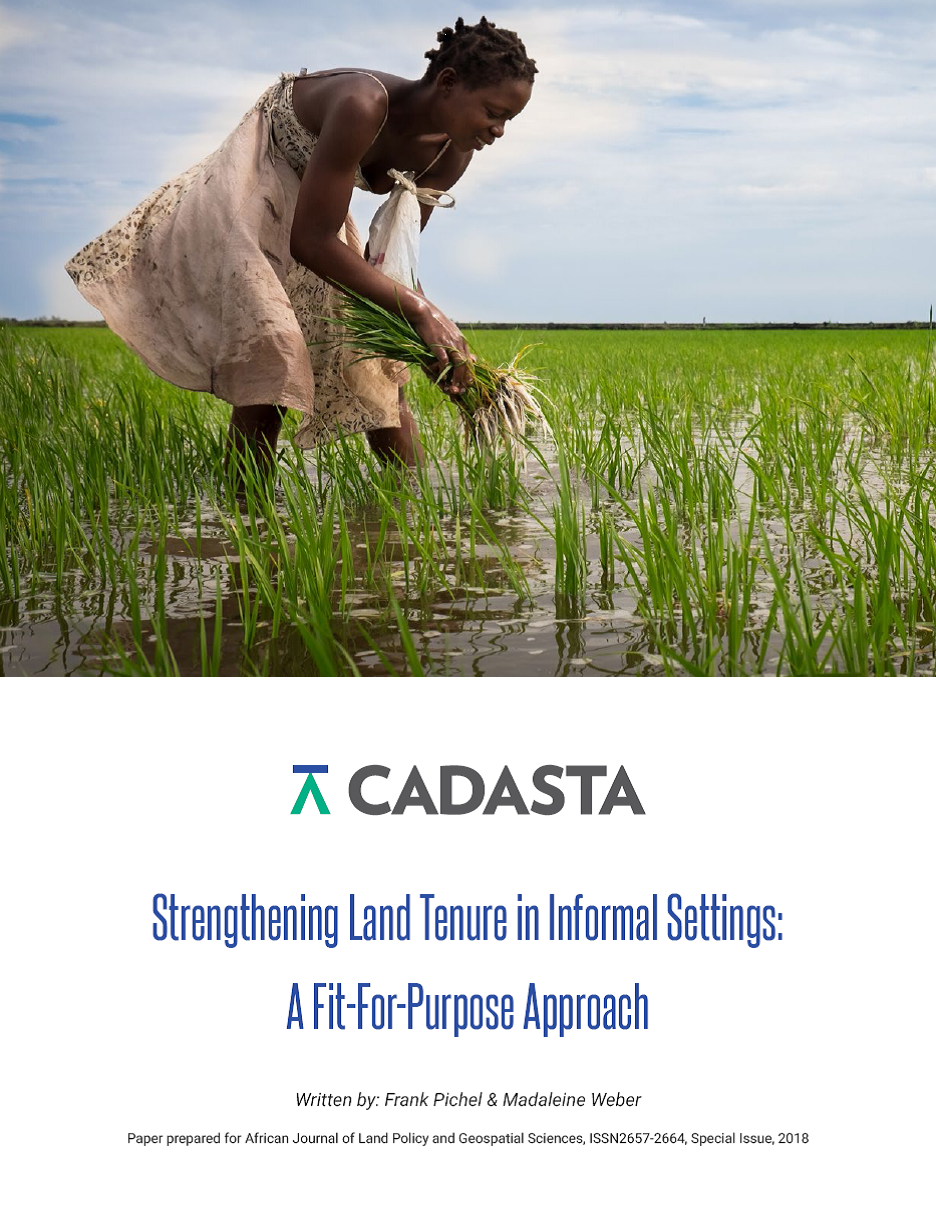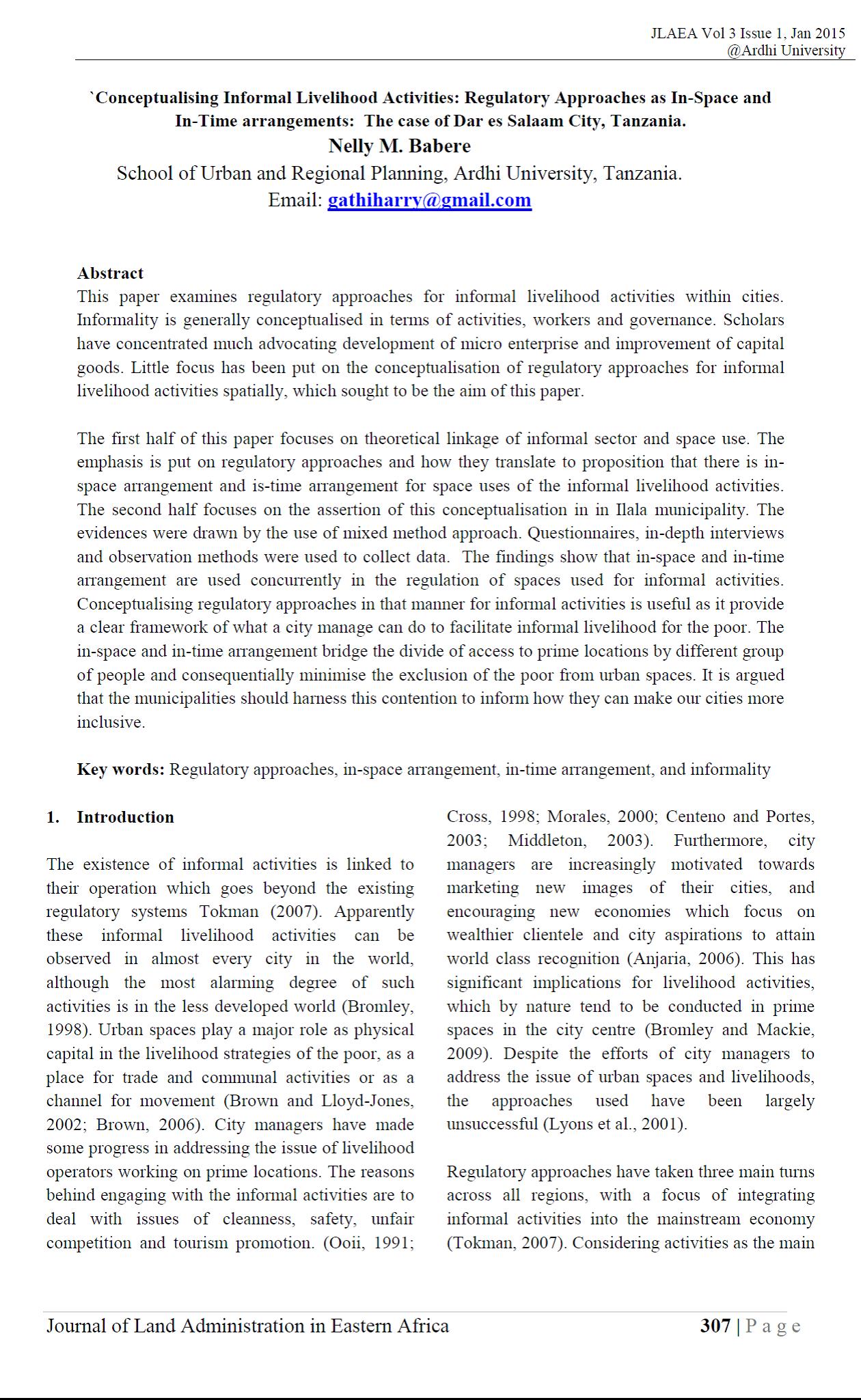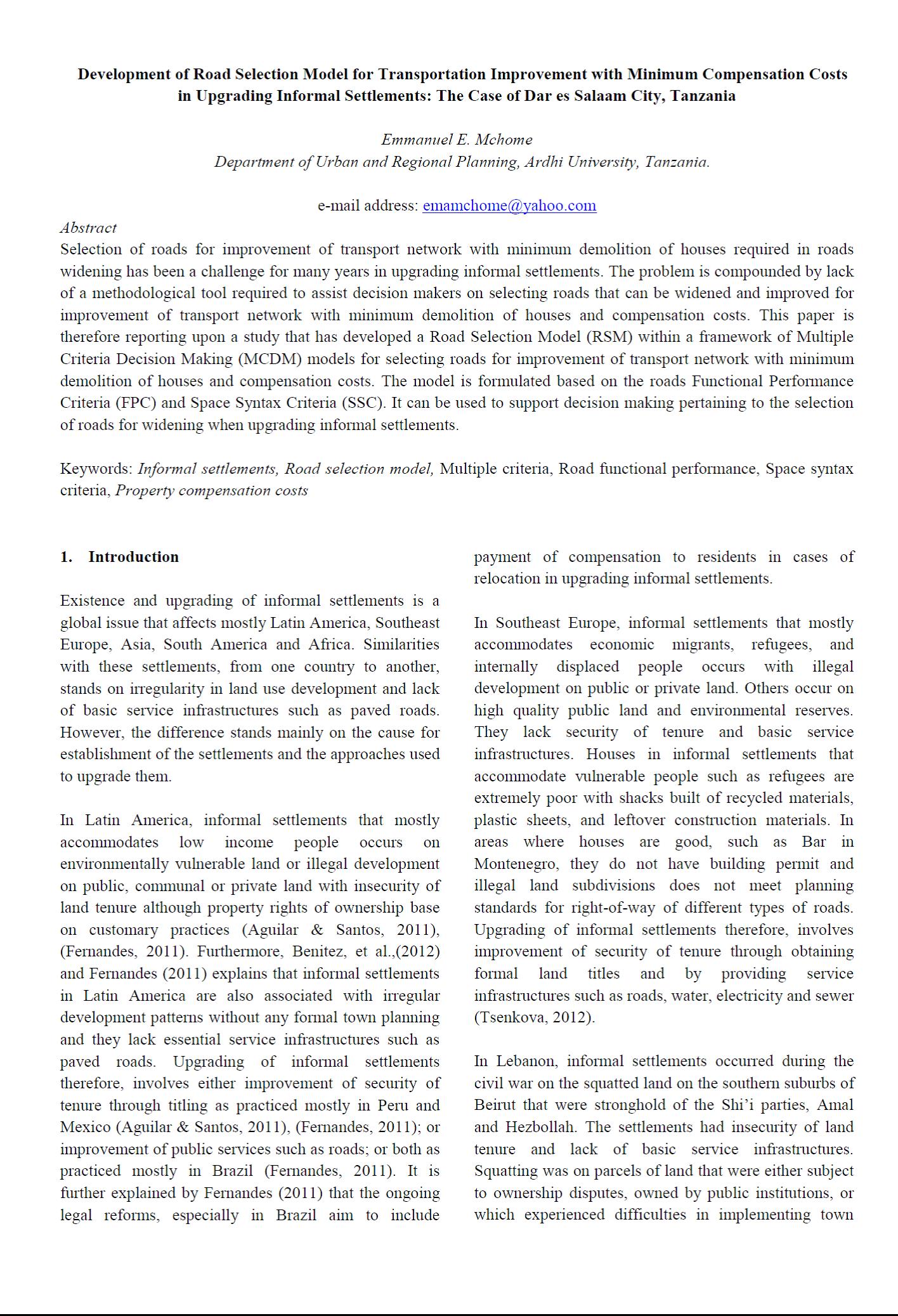Informal Real Estate Markets: Exploring The Controversies In The Literature
Are “informal real estate markets” really markets? Alternatively, are “informal property rights” tradable? A few years ago, just the mention of these concepts in a title would render it a misnomer. The aim of this paper is to explore the controversies in literature around the use of the concept “informal real estate markets”. The term “informal” comes with different connotations in literature; and for many years it denoted “illegality”.


